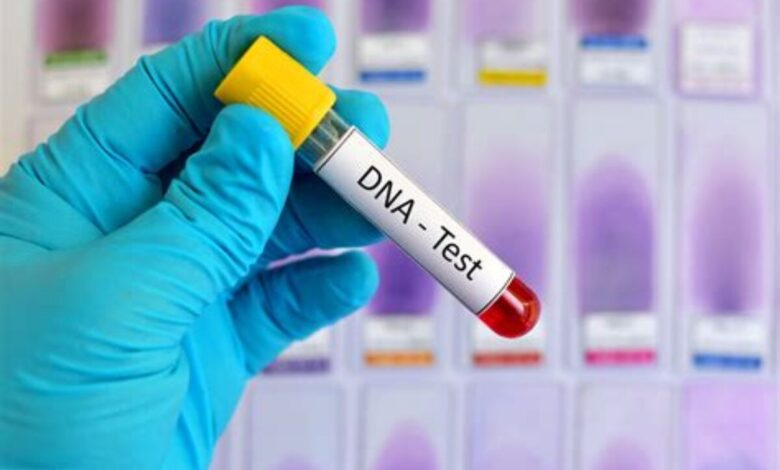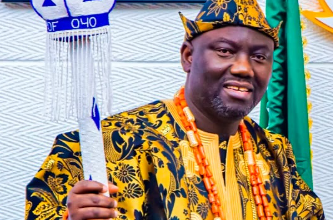
By Ologeh Joseph Chibu
Lagos has emerged as the epicenter of a growing trend in DNA testing across Nigeria, with a staggering 27% of all paternity tests conducted nationwide revealing that tested men were not the biological fathers.
This insight comes from the recently published “Smart DNA 2024 Report,” which provides a comprehensive analysis of DNA testing across the country from June 2023 to June 2024.
The report highlights that Lagos alone accounted for a remarkable 73.1% of all DNA tests conducted during this period, far surpassing other states such as Oyo (5.5%), Ogun (5.3%), Rivers (4.0%), and Delta (3.5%). This finding underscores the complex realities surrounding family structures in Nigeria, where DNA testing is increasingly sought to resolve paternity disputes.
According to the report, 73% of the tests confirmed the biological relationship between the child and the tested father. In Lagos, the majority of these tests were conducted on the Mainland (67.5%) compared to the Island (32.5%), a discrepancy attributed to the higher purchasing power of Mainland residents.
Reasons Behind the Surge in DNA Testing
The report delves into the reasons for this surge, with a significant 85.9% of tests categorized under “Peace of Mind.” This indicates that most individuals seek DNA confirmation for personal rather than legal or immigration purposes. However, there has been an 11.5% increase in DNA tests related to immigration, reflecting the growing “Japa” phenomenon, where Nigerians emigrate in search of better opportunities, often requiring DNA verification for their children’s emigration.
Gender Dynamics in DNA Testing
The report also reveals a significant gender disparity among those initiating DNA tests. Men make up 88.2% of the first contacts, while women account for just 11.8%, suggesting that men are more likely to have doubts about paternity or other familial relationships. However, the report cautions that this data may not fully represent the broader population, as those seeking DNA tests typically have valid reasons for questioning paternity, potentially skewing the sample.
Cultural Trends and Demographics
The report further explores the demographic breakdown of test requesters, with the Yoruba ethnic group accounting for the highest percentage of tests (53%), followed by Igbo (31.3%), Hausa (1.2%), and others (14.5%). Additionally, most tests were conducted on male children (52.8%), possibly reflecting a cultural preference for confirming the paternity of male offspring.
In terms of age, the majority of DNA tests were conducted on children aged 0-5 years (54%), followed by those aged 6-12 years (24%), indicating that parents often seek to establish paternity early in their children’s lives.
Societal Implications
Paternity scandals are becoming a significant issue in Nigeria, with profound social and legal consequences for families and communities. Traditional expectations place immense value on family lineage and the legitimacy of children, creating pressure to maintain the appearance of a stable family unit. As a result, many individuals conceal paternity issues rather than confront them openly.
Despite growing suspicions, many people hesitate to seek DNA testing due to the prohibitive costs. According to Nairametrics, conducting a paternity or maternity test in Nigeria can cost approximately ₦280,000 for a father, mother, and child, making it unaffordable for many families. This financial barrier perpetuates uncertainty and mistrust within family structures, as individuals are unable to obtain the answers they need.




